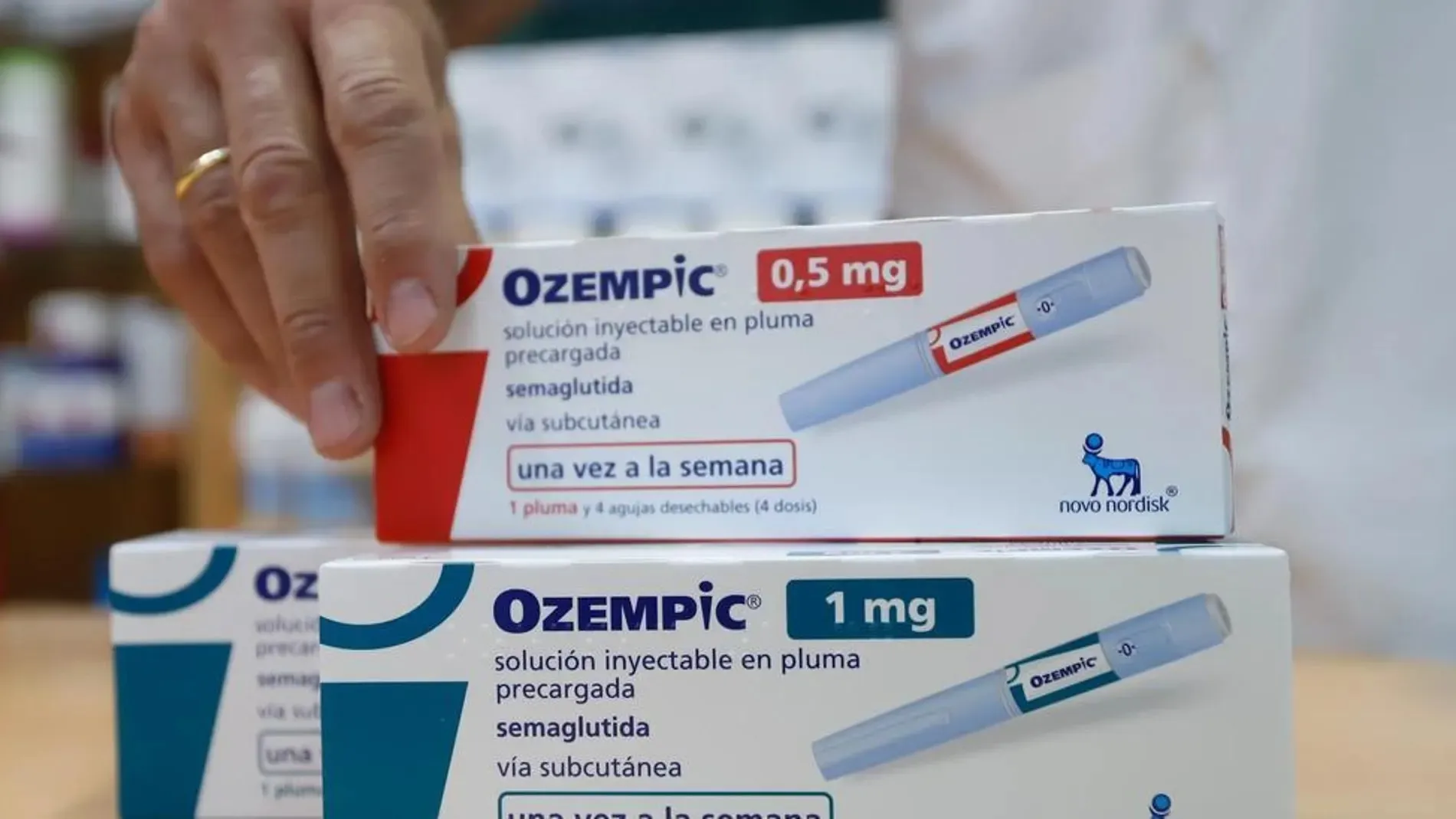New Ozempic benefits (Semaglutida), the star medication to treat type 2 diabetes and obesity does not appear.
Which means more pressure for people with diabetes that use Ozempic, because it will probably increase the current shortage, which not only affects Ozempic himself, but also other products such as FIASP insulin (uses the same type of Boli).
After, a few months ago, an investigation was announced that showed the "never seen" effects of the semaglutidThat both this molecule and other GLP1 agonists are associated with a lower risk of developing cirrhosis and liver cancer in people with type 2 diabetes and chronic liver disease.
The results of the study, developed by the prestigious intituto Karolinska (Solna, Sweden) also suggest that GLP1 agonists can reduce the risk of liver lesions.
To carry it out, the researchers included all the people of Sweden with chronic liver disease and type 2 diabetes in a record -based study.Next, they compared the risk of severe liver damage to those who received treatment with GLP1 agonists and those who do not.The results have shown that those who took the drug for a long period of time had less risk of developing more serious forms of liver disease, such as cirrhosis and liver cancer.
"It is estimated that fatty liver disease affects even one in five people in Sweden, many of whom have type 2 diabetes, and approximately one in twenty develops a serious liver disease," said the first author Axel Wester,Deputy Professor of the Huddinge Medicine of Karolinska."Our findings are interesting because there are currently no drugs approved to reduce this risk," added EP.
Many of the people in the study stopped taking agonists from LPG1, which caused a lack of protective effect.However, those who continued to take the medication for a period of ten years had half the chances of developing severe liver disease.
"The results must be confirmed in clinical trials, but these studies will take many years to complete," Wester said."Therefore, we use the existing registration data to try to say something about the effect of drugs before that," he said.A limitation of the method is that it is not possible to control factors for which there is no data, such as blood analysis to describe in more detail the severity of liver disease.However, researchers have recently created a new database called 'Herald' in which they have access to blood samples of patients from the Stockholm region.
"As a next step, we will investigate the effect of the GLP1 agonists in this database.""If we obtain similar results, the hypothesis would be further reinforced that the agonists of the LPG1 can be used to reduce the risk of severe liver disease," said the last author of the study, Hannes Hagström, hepatology consultant at the Karolinska University Hospital and attached professorof the Department of Medicine.




